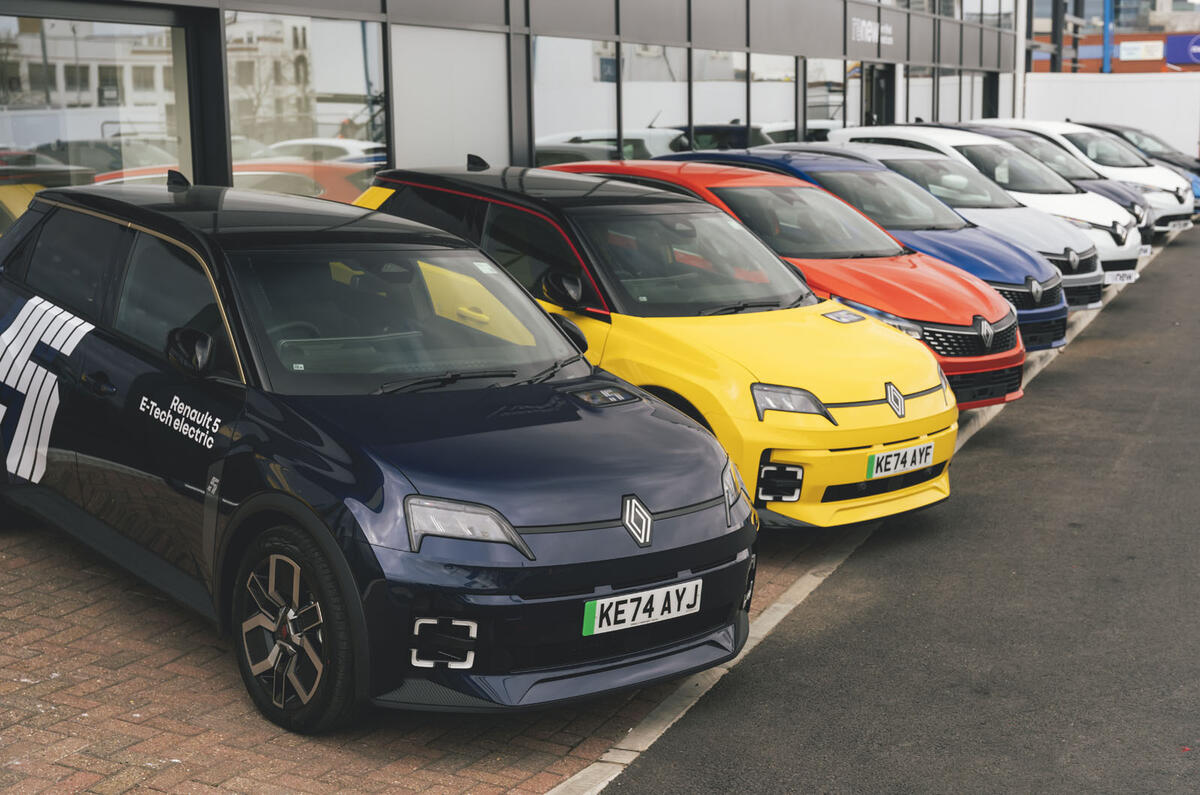Private customers are turning towards electric cars in greater numbers than ever before in a sign that growing choice at the cheaper end of the market is persuading customers of petrol and diesel models to make the switch.
Figures seen by MG show that retail sales of electric cars were up 59% in the first two months of the year, compared with 40% for the EV market overall. With March included, EVs accounted for over a fifth of the new car market, according to figures from the Society of Motor Manufacturers and Traders.




Add your comment